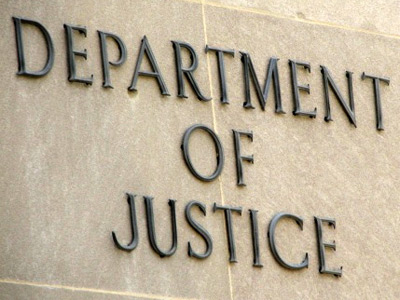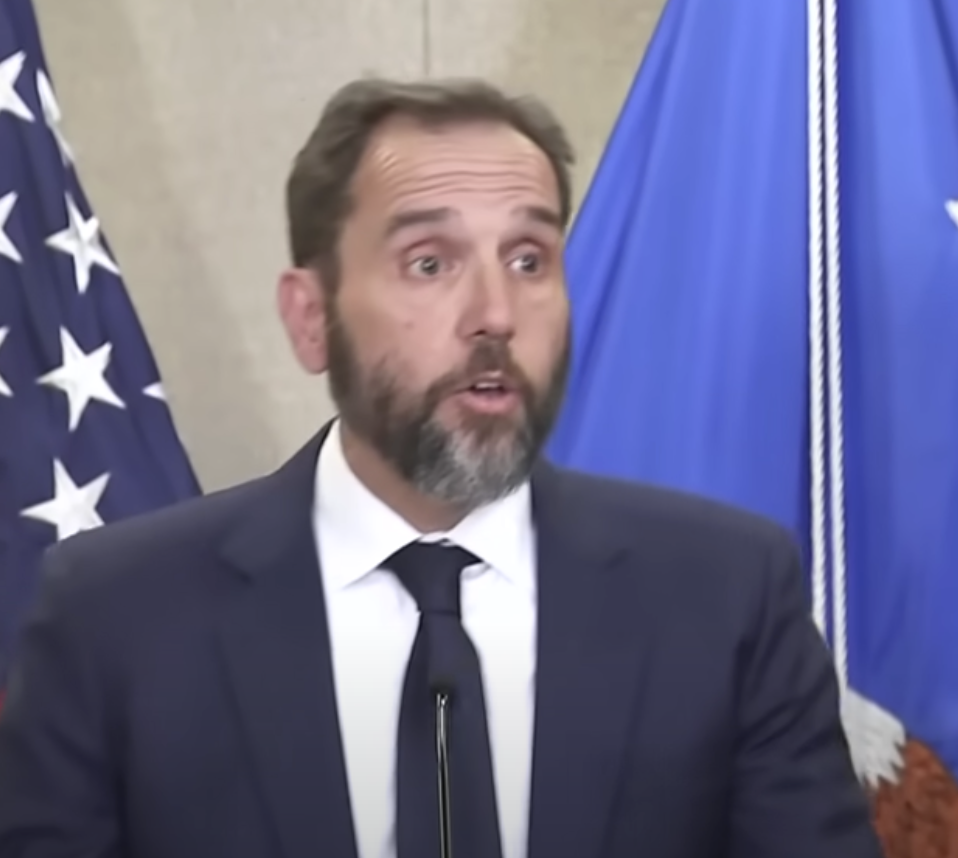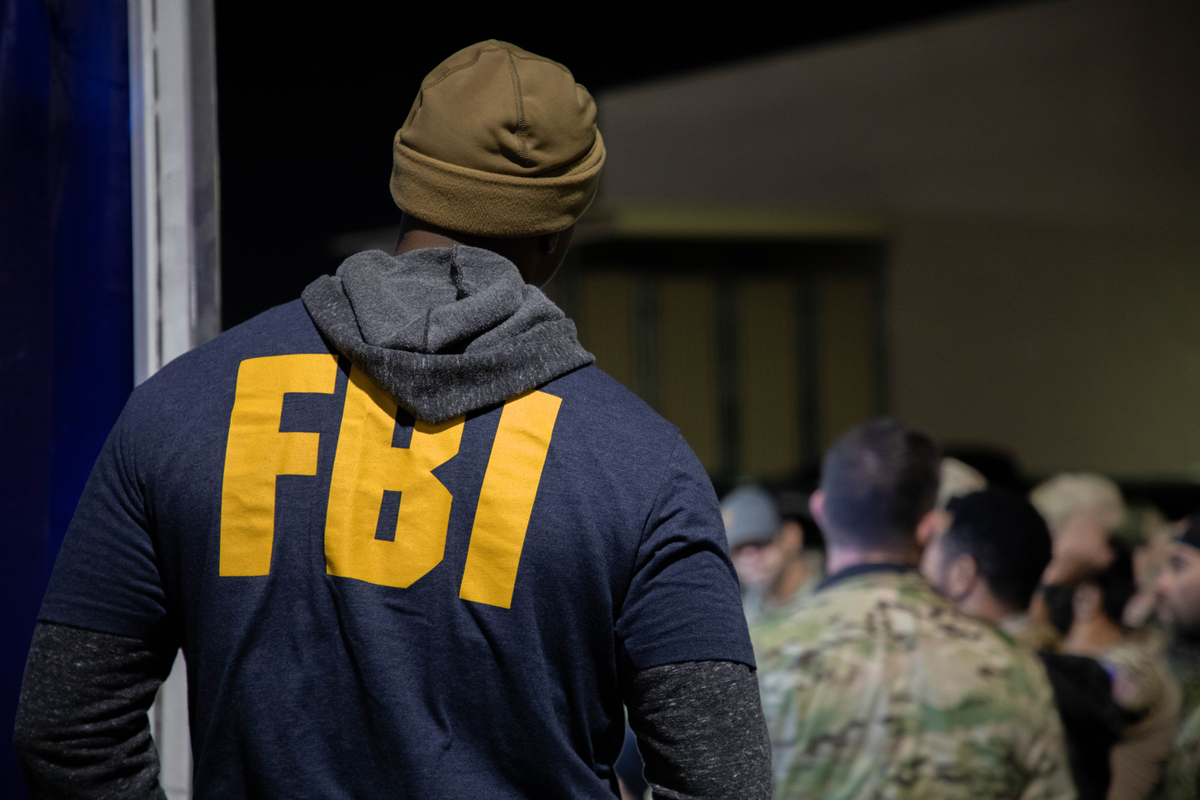
Sen. Chuck Grassley and Rep. Darrell Issa continued to unleash their attack on the Justice Department in connection with Operation Fast and Furious — this time using the words of acting ATF Director Ken Melson.
In sum: It all sounds like a mess.
Grassley and Issa fired off a letter Monday to Attorney General Eric H. Holder Jr. saying that Melson was disappointed with the Justice Department and that the agency prevented him from being forthright about the controversial program. Melson spoke freely to Congressional investigators over the July 4th weekend, providing plenty ammunition for the inquisitive Congressional members.
The letter to Holder quotes Melson as saying, after receiving an initial letter from Grassley “our first instinct and intuition was to directly march over to Senator Grassley’s office and brief him on what Fast and Furious was for purposes of explaining the concept and the role it played and how it got out there, and where ATF was going in it. And we expressed that desire to the (Deputy Attorney General)’s office.”
The letter to Holder then went on to say that “As you know, the Department did not permit Mr. Melson to brief Senator Grassley. Instead, the Department devised strategy to withhold information from the Senator.
Melson also told investigators what he thought when the Justice Department resisted turning over some info to Grassley. “I sat in (the office of Associate Deputy Attorney General with responsibility for ATF) one day when they were writing the letter to Senator Grassley about him being only a ranking member and not the chair of the committee. I sat there across the desk from (him), as I recall, and said, this is really just poking (Senator Grassley) in the eye. What’s the sense of doing this? Even if you say you can’t give it to him, he’s going to get it through the back door anyhow, so why are we aggravating the situation?”
Tracy Schmaler, a spokeswoman for the Justice Department, denied on Tuesday that the department has been uncooperative in the investigation into Fast and Furious.
“Any notion that the Department has failed to cooperate with the investigation is simply not based in fact, ” she said. “These allegations serve only to distract from the concerns raised by ATF agents that the Committee and the Department’s Inspector General are investigating and ignore the substantial efforts undertaken by the Department regarding this investigation, including providing various staff briefings, testimony from officials, interviews with employees and thousands of pages of documents, to the Committee.
“The Department, like the Committee, is interested in determining whether Operation Fast and Furious was appropriately handled and that is why the Attorney General, several months ago, asked the IG to investigate the concerns raised by ATF agents about this operation,” she said.
The letter said that Melson wanted to let Congress know that it was taking the problems with Fast and Furious seriously and that upper management had decided to replace the management in the Phoenix Division that was heading up the operation. Melson said the Justice Department resisted.
The Deputy Attorney General’s Office, Melson said, “wasn’t very happy with us, because they thought this was an admission that there were mistakes made. Well, there were mistakes made.”
The letter also talks about reports of Melson being immediately replaced by Andrew Traver, the head of the Chicago ATF office, who is the White House nominee for the permanent director spot.
The letter mentioned that an anonymous source leaked info to the Wall Street Journal that Traver might be on the job by July 5. Congressional investigators asked if Melson was surprised to see in the Journal that he would be asked for step down.
“Yes, I was surprised,” he said. Melson, according to letter, also testified that the Justice Department prevented him from communicating to his staff about Fast and Furious.
“Part of the problem, and one of the things that infuriated me was that I have not been allowed to communicate to the troops about anything. So, for example, earlier on, I wanted to do a broadcast that just talked about the case because everybody was wondering what’s this case about? What are you doing at headquarters?
“How come you were not issuing press releases and how come you were not ordering press conference ad pushing back and things like that? And I was told not do do that. Then after we wanted to do several things to talk to our people about what this case was about, what it wasn’t about, and you know, where were were going and the fact that we were cooperating as much as we could with the committee and with the Department, but we were restrained from doing that.
“And even after your hearings on the — was it the 16th or whatever that Wednesday was, we wanted to to the same thing , and they said, well, let us read it first. So we finally drafted something and sent it over to them. I don’t know whether we ever got it back, but it has restrained out ability to work with our people.”
The letter goes on to say that Melson felt “in his view, the Department was more concerned with protecting its political appointees than with obtaining and sharing the truth. he believed that a more forthcoming approach would have been preferable for all interested parties.
“My view is that the whole matter of the Department’s response in this case was a disaster,” Melson said. “That as a result, it came to fruition that the committee staff had to be more aggressive and assertive in attempting to get information from the Department, and as a result, there was more adverse publicity towards ATF than was warranted if we had cooperated from the very beginning. and a lot of what they did was damage control after a while. Their position on things changed weekly and it was hard for us to catch up on it, but it was very clear that they were running the show.”




